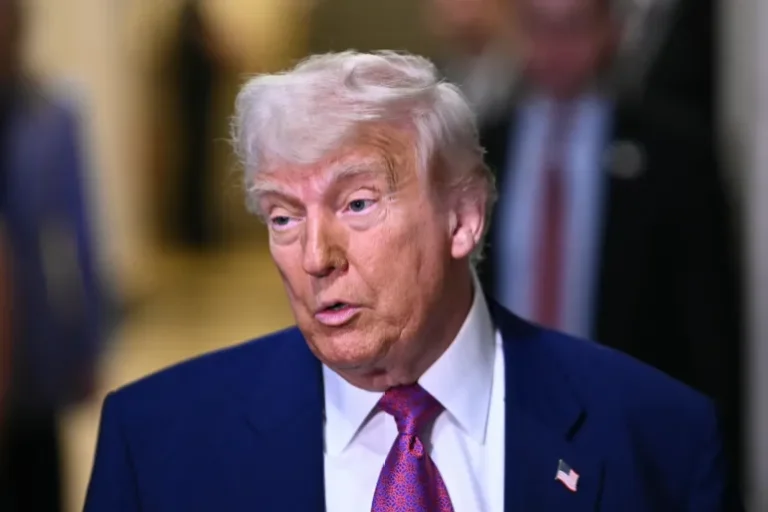Former U.S. President Donald Trump changed his position on Iran within a short span of time, surprising observers around the world. Earlier in the day, he told reporters that Israel should avoid launching strikes on Iran, warning that military action could damage ongoing nuclear talks between Iran and the United States. He stressed that pushing forward with diplomacy was the best way to deal with the situation and reminded people that during his presidency, he avoided starting new wars. His message seemed to support peaceful negotiations and a possible return to the 2015 nuclear agreement framework.
However, just a few hours later, Trump posted a very different message. He praised the Israeli strikes and said they were necessary because Iran had rejected a U.S. offer. According to him, Iran’s refusal to stop enriching uranium left no choice but to respond with force. He then warned that more attacks could happen if Iran did not return to negotiations. This sudden change in tone created confusion and drew attention from both political analysts and international leaders. It raised questions about what kind of foreign policy Trump would pursue if he were to return to the White House.
This shift also reflects a deeper divide within the Republican Party. Some members of the party want the United States to focus on diplomacy and stay away from military action. Others believe the U.S. should use its military power to deal with countries like Iran. Trump has often tried to appeal to both groups. He talks about avoiding wars, but at the same time he speaks about strong military responses. This has made it difficult for people to understand his real position. At times, his views seem to depend on what he believes will make him look stronger.
Iran continues to say that it wants a fair deal, but on its own terms. Its government claims that its nuclear program is for peaceful purposes. It also blames the United States for breaking the original 2015 nuclear deal when Trump withdrew from it in 2018. Since that time, Iran has increased its nuclear activity. Talks have resumed at different times, but no agreement has been reached. Iranian leader Ayatollah Ruhollah Khomeini have said they are willing to return to negotiations if the United States lifts its economic sanctions and respects Iran’s right to peaceful nuclear energy. The failure to rebuild trust between both countries is keeping tensions high.
Trump’s shifting comments are adding more uncertainty to an already tense situation. On one hand, his support for diplomacy offers hope for a peaceful resolution. On the other hand, his praise for airstrikes increases the risk of wider conflict. This back-and-forth approach is not new. During his presidency, Trump made headlines for both peaceful outreach and sudden acts of aggression. In 2020, he ordered the killing of Iranian General Qasem Soleimani, which brought the U.S. and Iran close to war. But he also talked about wanting to meet with Iran’s leaders and make what he called the best deal.
Right now, the Biden administration is trying to quietly restart talks with Iran while avoiding public attention. However, Trump’s loud and changing messages could influence how Iran, Israel, and others respond in the days ahead. The future of U.S.-Iran relations remains uncertain. If Trump returns to power, his policies could shift again depending on the political moment or who influences him most at the time. Trump’s remarks show that he is balancing two very different paths—one focused on peace and one focused on force.
The world is watching closely. The stakes are high. A return to diplomacy could lower tensions, but more military action could lead to a wider conflict in the Middle East. It remains unclear which direction Trump will choose in the long run.







